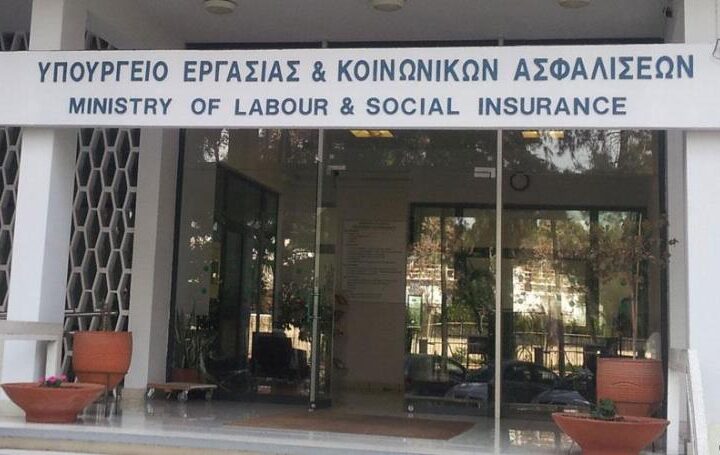Cyprus’ Fiscal Council, advising the government on economic policies, is worried that borrowing from the Social Insurance Fund has reached a “tipping point” threatening to derail public finances.
In a note to the government, the Fiscal Council has warned that it needs to address its dependency on the Social Insurance Fund, as it now owes over €10 bln to it.
The Fiscal Council argued the government is financing deficits recorded from February through the SIF, which has wrongly been dubbed as “reserves”.
As the Fiscal Council warns, this dependency has grown into one of the greatest risks for public finances and bringing down debt.
“The perennial financing of the central government through borrowing from the Social Insurance Fund has already led to a total debt of over €10 bln, which should be taken into account when assessing the sustainability of the SIF,” said the Council.
“It is, therefore, a steadily increasing liability on the budget and one of the most important risks of public finances”, it added.
The state finances watchdog urged authorities to act rather than “sweeping the issue under the carpet”, as the borrowing trend is increasing exponentially.
“Given the increasing trend, which has been going on for several years, but also the acceleration of the phenomenon in recent months, the question arises is at what amount an irreversible turning point will be created”.
The Council noted that the results of an actuarial report on the viability of the SIF are expected to be delivered in September.
“Although the (fiscal) results (for the first half of 2023) are improved compared to 2022, we note that a trend is forming in the last five months, which is expected to be partially reversed in the July results but to continue in the coming months”.
Moreover, it is indicated that raising funding from the SIF is by no means new, but it is registering an acceleration.
The Council said even though paying off the debt to the SIF is expected to be carried out gradually, “it will constitute a permanent and increased expense that will exert increased fiscal pressure and deprive the government of the necessary fiscal space to pursue discretionary policies”.
Imbalance
“Even more worrying is the possibility of creating a moral hazard (structural incentives) in the respective governments and the political leadership, which collectively have never treated the whole issue as serious”.
The Council notes that borrowing money from the state’s SIF is permitted as it does not break fiscal rules and accounting standards.
“However, that doesn’t mean that it’s wise to do so.
“It is an imbalance and a distortion which will never be able to be treated with the current laxity”.
“The problem is real and cannot be swept under the carpet, especially after it has swelled to current levels.
“The collective political leadership’s failure to deal with the inadequacy of the state apparatus in terms of its productivity, due to political costs, is a significant real problem for the economy, which is shrinking.”
At the same time, the Council warns that state spending is dangerously on the rise, adding to risks.
The watchdog estimates that although government revenues will exceed the 7.4% growth target, so will government spending, which is expected to exceed the 7.9% growth target significantly.
Specifically, as the Council notes, in the first half of the year, revenues increased by 14.9% and expenses by 9.8%, giving the impression that a margin of surplus is maintained.
“However, the emerging trend is more troubling, with revenues increasing by 12.1% and spending by 11.6%, while the figures do not include high spending for which there is a commitment or political decision.
“Therefore, we consider a faster increase in spending and a slowdown in revenue growth in the coming months to be very likely if existing political commitments are implemented”.
The Fiscal Council also notes that reaching the Strategic Fiscal Policy Framework 2024-2026 goal, with which the Public Debt will be reduced to 81.1% of GDP, is “extremely doubtful”.










